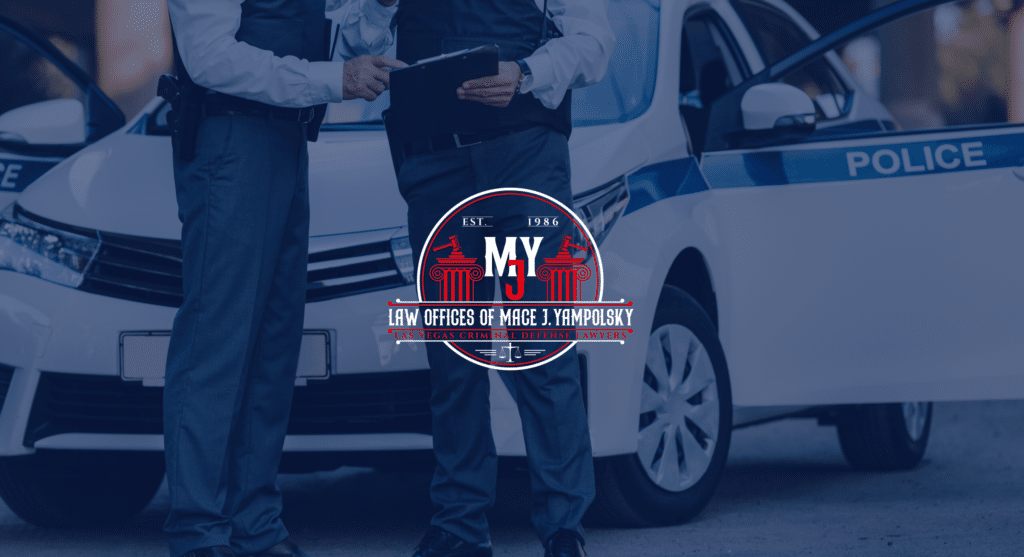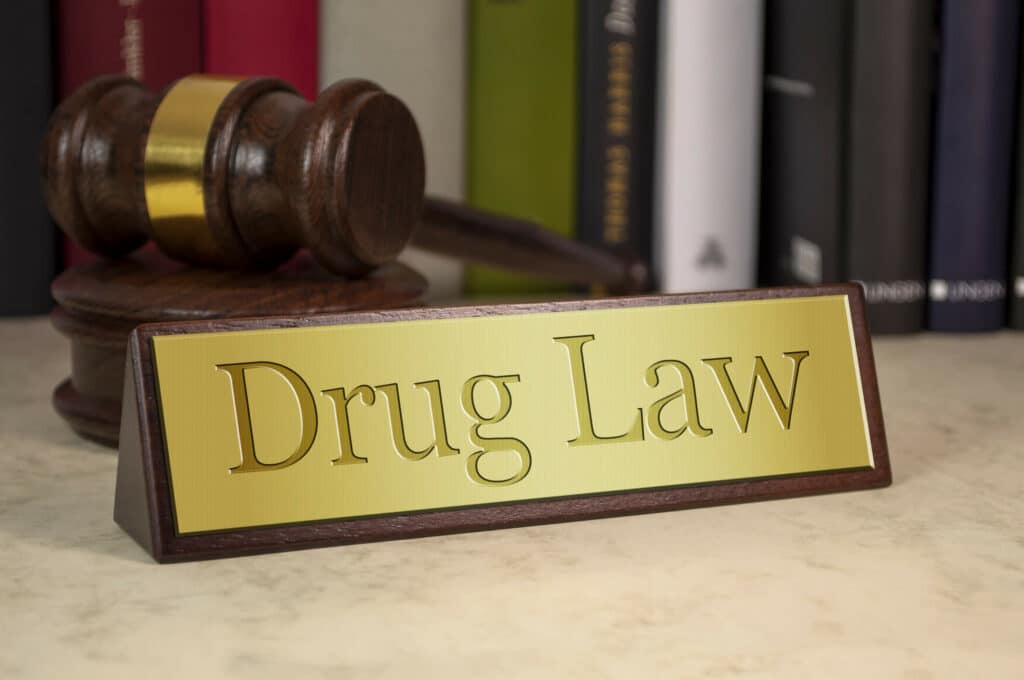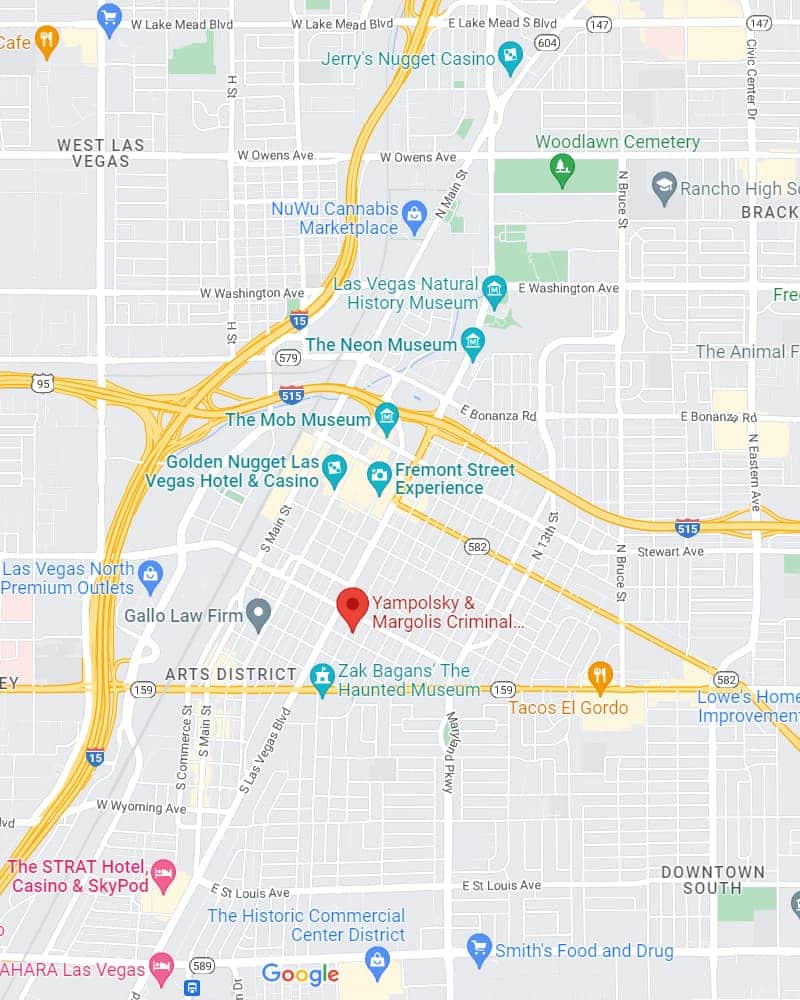Does Nevada Law Allow Me to “Plea Bargain” My DUI?
Getting a DUI in Las Vegas can severely impact your life, and, at times, plea bargaining down your charge may be in your best interests.
However, plea bargaining down your DUI charge can be legally tricky, and specific Nevada laws commonly apply.
For example, there are specific Nevada laws that will prohibit the state prosecutors from dropping your DUI charge unless the following is true:
- Your DUI charge is not supported by probable cause.
- Or your charge cannot be proved at the time of your trial.
In other words, if the prosecutor has a weak or unsupported case, they may be open to a lesser charge offered in a plea bargain. This is especially true if it is your first offense and the evidence is vague or borderline.
Alternatively, suppose the evidence against you is sound, or it is a 2nd or 3rd offense. In that case, it may be significantly more difficult (or impossible) to plea bargain your case and get your DUI charges reduced. Also, the details of your case matter and every DUI case differs; were you just stopped, did you hit another car, were there injuries, etc.?
This is where the practical skills and knowledge of your Las Vegas DUI defense team will prove invaluable.
As mentioned, each DUI case differs, and your DUI criminal defense lawyer will analyze all the pertinent details of your case and determine if plea bargaining is in your best interests.
Having a law team with sufficient plea-bargaining experience will significantly help your case, as, handled in the proper manner, DUI charges are dismissed or reduced daily, regardless of whether they are:
- A Misdemeanor or felony DUI.
- A DUI, which includes an injury.
- And, at times, even if a death is involved.
What Are Some “Pros” of Plea Bargaining My DUI Charge?
You must note that you must thoroughly discuss the details of your case with your qualified and skilled DUI lawyer to determine if you qualify under Nevada law for a DUI plea bargain.
If you qualify (and your lawyer will be instrumental in this process), most misdemeanor DUI charges can usually be reduced to a reckless driving charge. Reckless driving is commonly a misdemeanor but will provide you with significantly fewer repercussions than a DUI conviction. You would incur much lower penalties by plea bargaining down to a reckless driving charge.
Even better, you can get your DUI charge reduced to careless driving. “Careless driving” is legislated by local city and county codes, and while still classified as a misdemeanor, a careless driving conviction is usually viewed like any routine other traffic violation.
You may still be charged with a misdemeanor, but anything less than a DUI charge is advantageous.
Generally, the four main benefits of plea bargaining for your DUI charge are:
- You have a much less serious criminal record.
- Less severe penalties are incurred now and possibly help if you get another DUI charge.
- Opening the possibility of sealing your conviction record (and any criminal record).
- No mandatory court-triggered driver’s license suspension (although, depending on the specifics of your case, this may still be possible).
Your Las Vegas DUI lawyer will analyze all aspects of your case and, under most circumstances, will work to plea bargain your DUI downward; this is commonly always in your best interests.
Are There Any “Cons” To Plea Bargaining My Las Vegas DUI
Of course, whether you should plea bargain depends on the severity of your DUI charge and its specifics.
However, even if your charge is a felony DUI charge (and not a misdemeanor), there still are numerous and sound legal reasons why you may decide to plea bargain and make a deal with the prosecution. If you don’t plea bargain, you commonly will go to trial.
In many cases, DUI trials (especially if it’s a felony) can last for months and sometimes years.
No one knows what will happen at your trial, and they all bring you unwanted attention, anxiety, stress, and uncertainty and may even result in a harsher sentence.
Contrarily, most plea-bargaining solutions are reached rapidly and usually limit your exposure to more severe penalties.
You must know that your experienced and skilled Las Vegas DUI lawyer will always work tirelessly on your behalf. They know how the Las Vegas courts work and will always fight for your rights, freedom, and what’s in your best interests.
Are There Different Types of Plea-Bargaining Deals?
The simple answer is yes, there are. However, they all depend on the severity of your DUI charge and all the pertinent details of your incident.
Essentially, there are three main types of plea bargains, they are:
- Charge Bargaining – In this case, you would plead guilty but receive a significantly lesser charge or fine.
- Sentence Bargaining – If your DUI case were more severe, you may plead guilty but incur a much shorter sentence or possibly even probation.
- Facts Bargaining – This type of plea bargain is much rarer, and your DUI lawyer may not recommend it in most cases. However, you should always strongly consider their advice and guidance.
Plea bargaining is designed to expedite the entire court (and trial) process. This legal tactic usually works for both parties involved (you and the prosecution) and should always be considered.
That said, if your invested and detailed DUI law team doesn’t agree with the plea bargain, they will advise you of such. This legal tactic is advantageous and should, at the least, be explored.
I’m Charged With a DUI and Need Help Now; What Should I Do?
In general, most Las Vegas DUI cases can be legally complex, and a plea bargain may offer hope when facing this dire legal process.
However, your skilled, empathetic, and resourceful Las Vegas DUI lawyer will always help you weigh this process’s potential benefits and negative aspects.
You need a legal professional if you expect to emerge successfully and positively from this situation.
The Las Vegas DUI lawyers at Yampolsky & Margolis have over 40 years of experience helping Las Vegas clients navigate this dire, stressful, and possibly life-changing process. Call them today at (702) 385-9777, and they will stand by your side and do whatever is necessary to protect your rights, freedom, and future.







